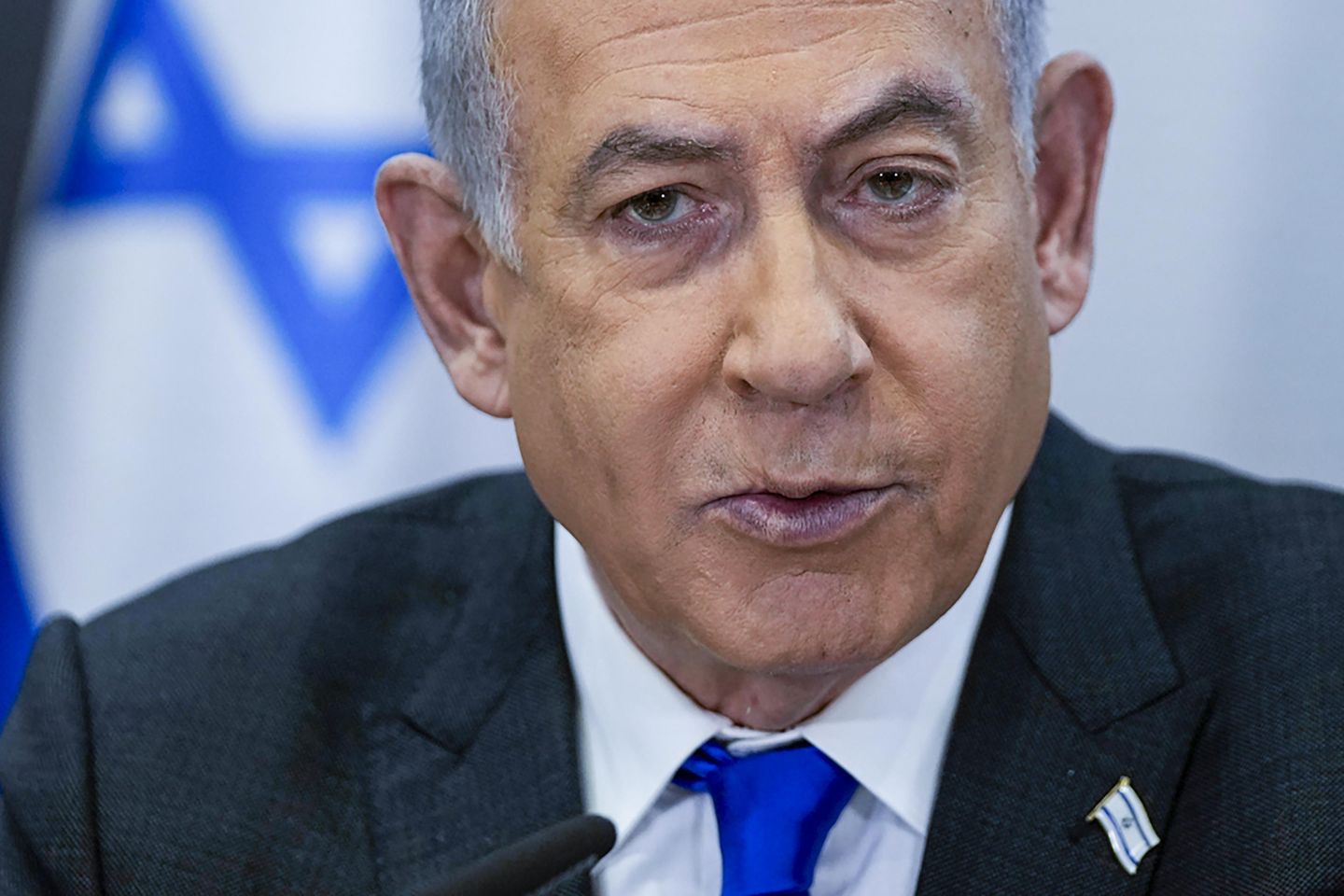The strained relationship between Israel and the United States reached a breaking point on Monday when Israeli Prime Minister Benjamin Netanyahu canceled a planned visit to Washington by a high-level delegation. This decision was made in protest of the United States’ failure to prevent a new U.N. Security Resolution that called for an immediate cease-fire in the ongoing conflict. The resolution was seen as a significant blow to Israel, as it sought to halt their military operations in response to attacks by Palestinian militants.
Netanyahu’s decision to cancel the visit underscored the growing rift between Israel and the United States, two long-standing allies whose relationship has been tested in recent years. The Israeli government viewed the U.N. resolution as biased and one-sided, and felt betrayed by the United States’ refusal to block it. This move by Netanyahu was seen as a public rebuke of the U.S. administration and a signal of Israel’s displeasure with its handling of the conflict.
The U.N. Security Resolution marked a turning point in the conflict, as it called for an immediate cease-fire and demanded that both sides halt their military operations. This resolution was seen as a diplomatic victory for the Palestinians and a setback for Israel, which had been engaged in a military campaign against Palestinian militants. The resolution highlighted the international community’s growing concern over the escalating violence in the region and the need for a peaceful resolution to the conflict.
The cancellation of the delegation’s visit to Washington was a significant move by Netanyahu, as it signaled his government’s frustration with the United States’ perceived lack of support. The decision also highlighted the challenges facing the U.S.-Israel relationship, which has been strained in recent years over issues such as the Iran nuclear deal and the status of Jerusalem. The cancellation of the visit was seen as a clear message to the U.S. administration that Israel was not satisfied with its handling of the conflict and expected more support from its ally.
Overall, the widening of the rift between Israel and the United States over the U.N. Security Resolution reflected the complexities of the conflict in the Middle East and the challenges facing both countries in finding a peaceful resolution. The cancellation of the delegation’s visit was a bold move by Netanyahu to express his government’s displeasure with the U.S. administration’s handling of the conflict and to assert Israel’s interests on the international stage. Moving forward, both countries will need to navigate their differences and work towards a constructive dialogue to address the root causes of the conflict and find a path towards peace.









